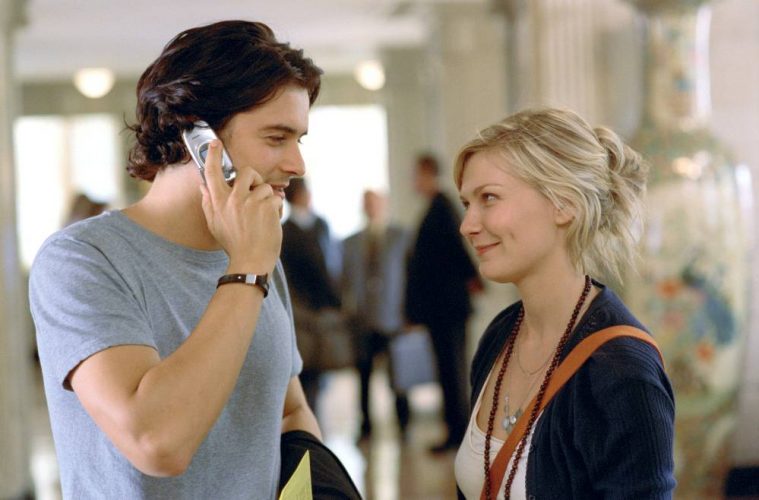Elizabethtown is one of those movies you’re “not supposed to like.” With a score of 29% on Rotten Tomatoes and top-billing among films credited with the invention and use of the Manic Pixie Dream Girl, Cameron Crowe’s 2005 effort is hardly regarded as a classic. Yet, despite years of formal media education and time spent trying to elevate and round out female characters in my own writing, Elizabethtown is a movie that repeatedly and reliably moves me to my core.
For those who haven’t seen it, the film follows Drew Baylor (Orlando Bloom), a young inventor in a crush of bad luck. He has built his career on the invention of an athletic shoe that subsequently turned out to be defective, and the defeat costs him his fortune, his wunderkind reputation, and the love of his beautiful girlfriend (Jessica Biel). In fact, the failure is enough to drive him to invent something else: a stationary bike with a knife that will stab him to death and put him out of his misery. Just as he is about to mount the bike, his sister (Judy Greer) calls to inform him that their father is dead, and it’s up to Drew to go back to dear old Dad’s Kentucky hometown to retrieve the body. Their mother (Susan Sarandon) was always too “California” for her in-laws’ liking, and she thinks her preference to cremate her husband will be better received if the family hears it from Drew.
Drew loves his parents more than he wants to kill himself, so he agrees to go. He meets flight attendant Claire (Kirsten Dunst) on the nearly-empty flight to Louisville, and the pair form a brief connection, made real by the circumstances of his trip. She pops back in throughout the film, poorly developed but supportive, providing Drew with exactly what he needs and reminding him what it’s like to invest in another person. Drew meets his father’s Kentucky-fried family and explores his roots. He learns about himself, his desires, his family, and his connection to the world around him. He road trips home with his father’s ashes, and dances, and weeps. He learns that it isn’t all about him.
The bottom line of any movie is in how it speaks to the individual. A critical darling can say nothing, while a B-comedy can serve absolute realness. It’s all about where the viewer stands as a person, and Elizabethtown has met me in my time of need – repeatedly. Hearing “you failed, you failed, you failed” when I had, in fact, failed spectacularly, drove me to sobbing tears. Hearing “this is your blood” at a time that I was desperately missing a lost loved one filled me with pride. “Make them wonder why you’re still smiling” helped me grow up.
In some ways, “it’s just a movie” is my best defense here. In my life, this film has appeared and seemed to speak through the screen to the things happening in my life. I can’t endorse Kirsten Dunst’s fake boyfriend, or the dumb wedding crashing, or that stationary bike with the kitchen knives, but I’ll endorse the heart. Orlando Bloom falling to pieces outside the crematorium as he realizes he’s too late to bury his father in the family plot. Susan Sarandon yelling “BONER” at her husband’s funeral. The Kentucky sky, starry and kind, even on a night “hotter than the hinges of hell.” There is a strange and illogical reality in loving people just because you call them family, and this movie finds it in spades. You have to wade through Alec Baldwin at his worst, but you’ll find shades of life at its best. For a film often criticized for being too fake, too sexist, too fabricated, Elizabethtown plates and serves slices of truth – failure, loss, belonging, and family. It reminds us that somewhere, we will find our people.
I first watched the movie in high school, as I was facing what I perceived to be unimaginable failure. The next time, I was debating where I should go to college. I ended up in central Kentucky and, like Drew, found a family I never expected. His was blood, mine is chosen, but the surprise was the same. There is nothing quite like meeting people who love you, regardless of what else you do or do not have in common. There is nothing quite like falling in love, or failing horribly, or failing horribly at love. Now, as I try to recover from the loss of a beloved family member, I am compelled once again to turn to Elizabethtown. It’s a reminder of lessons learned, places known, and people loved. Who really cares if I’m “not supposed to like” it?

